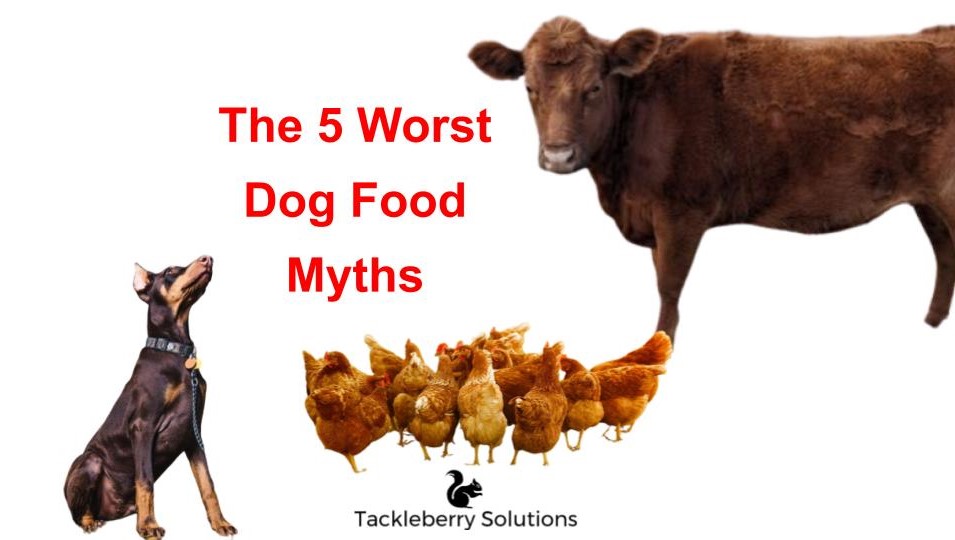As an owner of a large breed dog, it’s important to make sure you’re giving them the best food for their health. Unfortunately, there are a lot of myths out there about large breed dog food that can lead to poor nutrition and health problems. In this blog post, we’ll look at the 5 worst large breed dog food myths and the truth behind them.
Have we met?
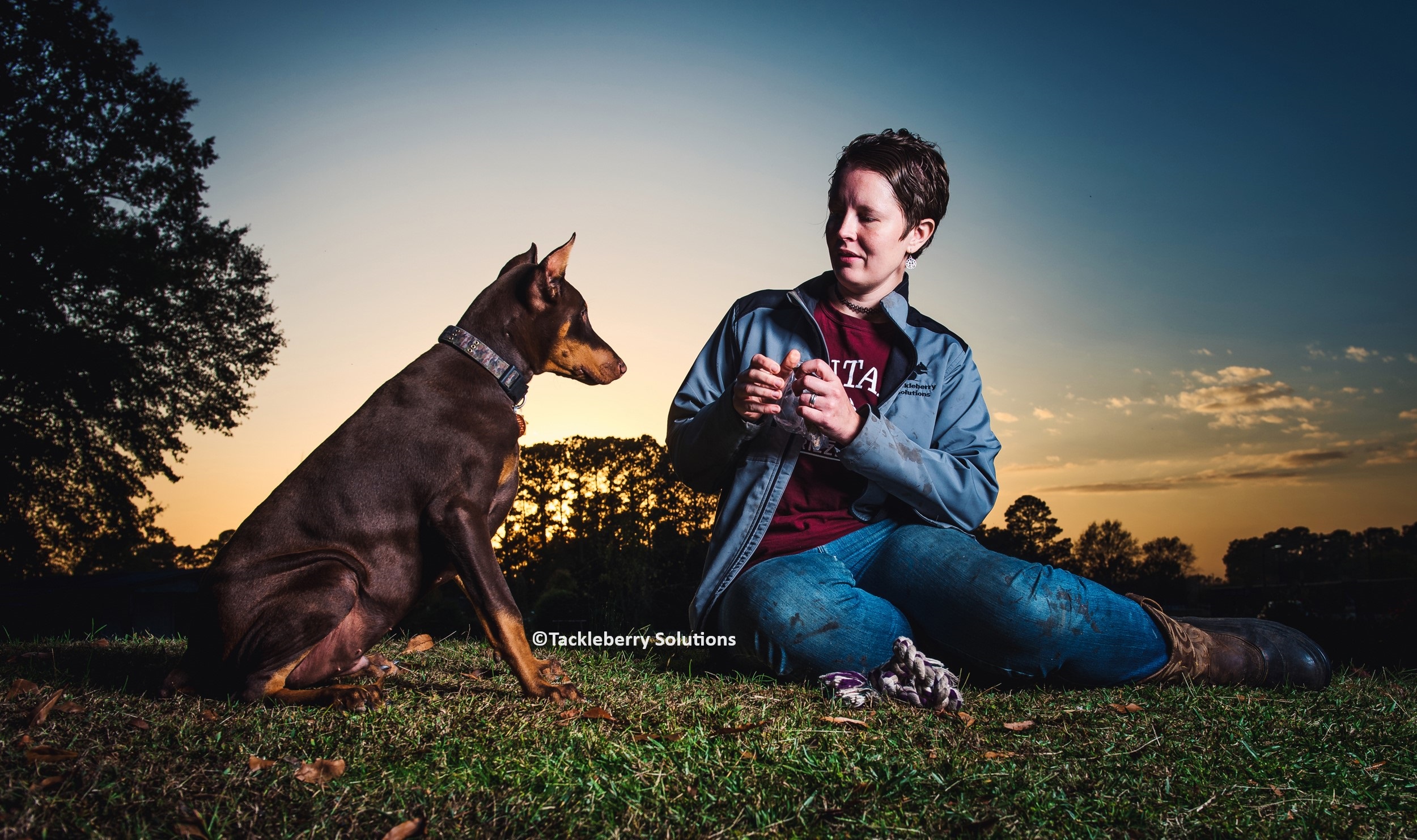
Hello, my name is Amy Arthur. Your Doberman breeder and guide. My goal is to help you determine compatibility and gain the confidence that you would require in order comfortably handle this unique breed.
Above all, your ability to understand the psychology behind the Doberman's needs is a crucial element for excellent ownership. My gift to you, sharing everything I know about them. Indeed, no one should have to rely on blind google searches to uncover the Doberman's secrets.
Press Play - Large Breed Dog Food: 5 Worst Myths
Myth 1: It’s Okay to Feed Large Breed Dogs Regular Dog Food
"Large and jumbo dogs have special nutritional considerations, mostly related to joint health issues. “In adulthood, larger dogs are prone to orthopedic problems and arthritis, so you may want to select foods that have protective substances for their joints, like glucosamine,” says Dr Joyce. Supplements such as glucosamine and chondroitin, which are sometimes included in commercial dog chows, are thought to maintain your oversized pet’s cartilage."
Further Reading: The Ultimate Life Expectancy Of Dobermans
Myth 2: All Commercial Dog Food Brands Are the Same
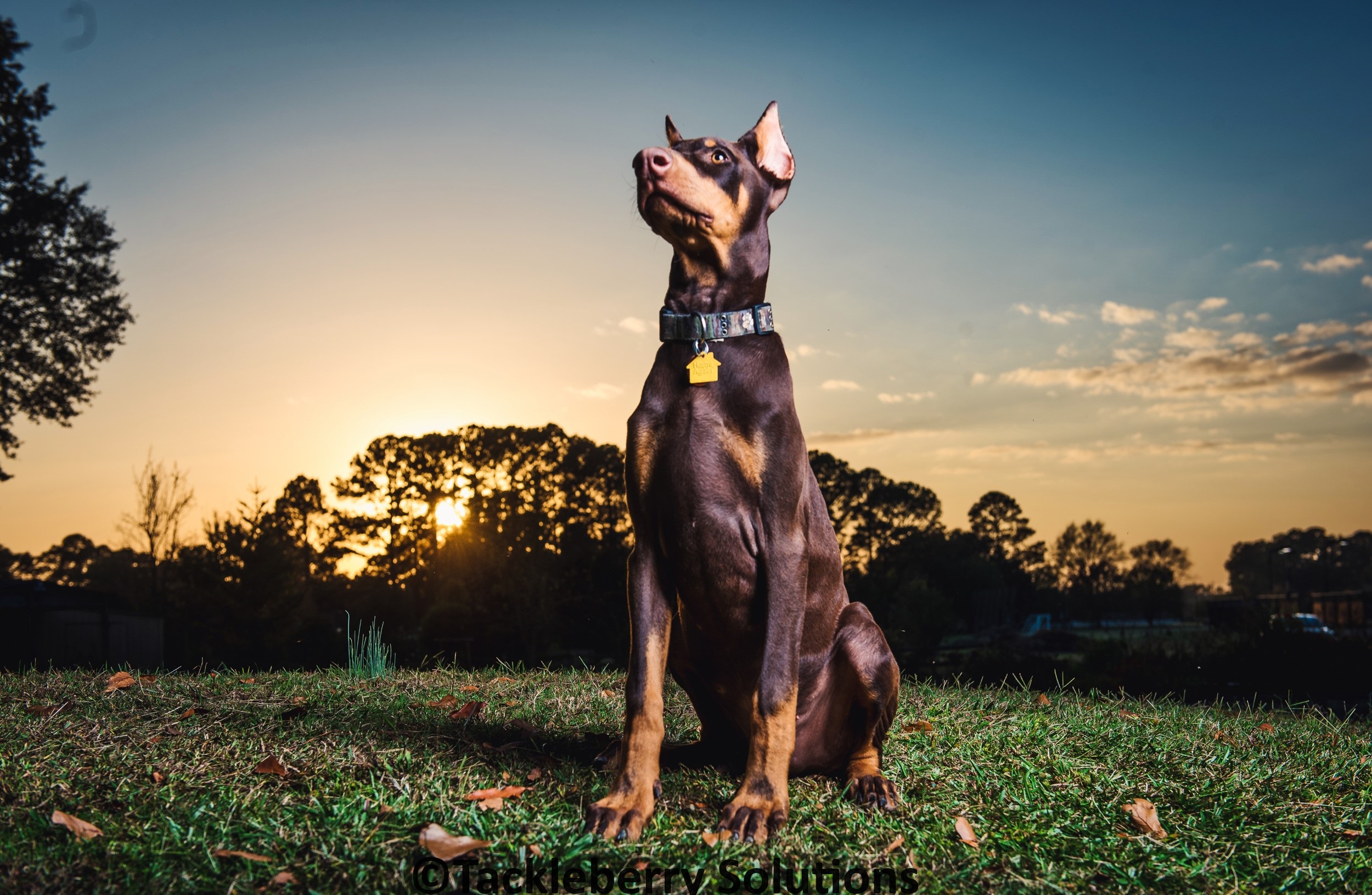
Further Reading: Trained Adult Doberman or Puppy? Pros vs Cons
Principally, I couldn't tell you how many dog owners that I know just go to the store and grab the cheapest bag of dog food that they can find. Above all, this is the worst mistake I've ever seen any dog owner make. Especially for large breed dogs.
"Some ingredients that are cost effective for pet food manufacturers might be detrimental to a dog. When shopping for your pet's next bag of kibble, beware of certain cancer causing foods for dogs that have been found in poor quality brands. Preservatives, fillers and chemicals are just some of the ingredients included in common dog food brands that can do harm."
Myth 3: If the Large Breed Dog Food is Expensive, It Must be High-Quality
Above all, as a breeder, I've tried all sorts of expensive dog food in an effort to ensure my canines are as healthy as possible. As a result, I've found that despite a brand's high costs and big talk, their results don't always meet up to my own expectations.
Matthew 7:20
“Wherefore by their fruits ye shall know them.”
For example, a dog's fur coat (among other things) can tell a lot about their health. As a result, the second I notice a dullness in their fur, I immediately add the dog food that they're using to my list of inadequate products.
Further reading: Can you ship a dog? The hidden risks of budget travel
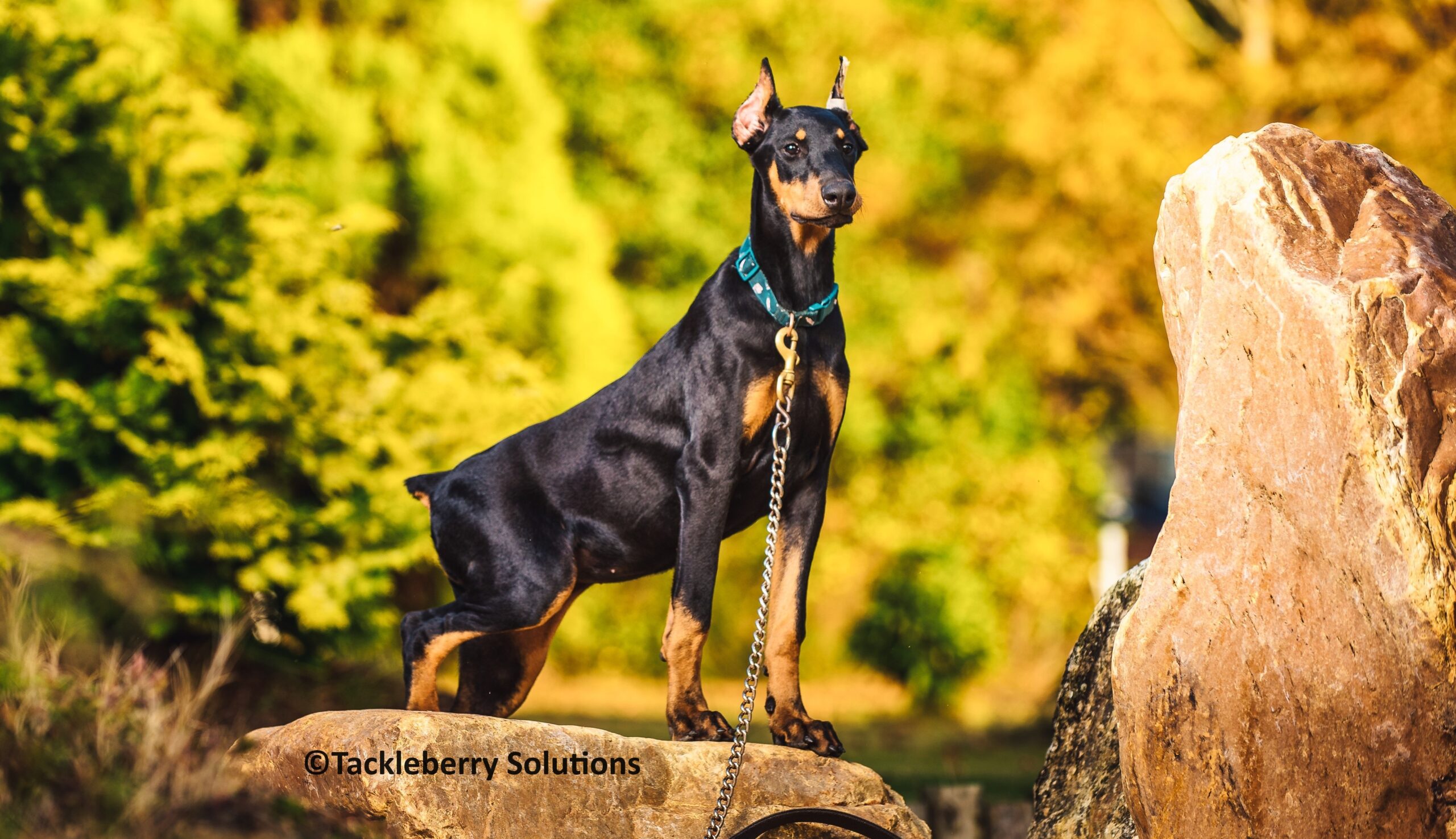
The eyes may be the windows to the soul, but the condition of a dog’s coat and skin give a better indication of his overall nutritional status. The skin is the largest organ of the body and when it is not getting the nutrition it needs, problems are readily observed.
Myth 4: All High-Quality Large Breed Dog Food is Expensive
On one hand, while some high-quality large breed dog food can be expensive, there are many affordable options available. Because of this, it’s important to compare prices and read reviews before making your purchase.
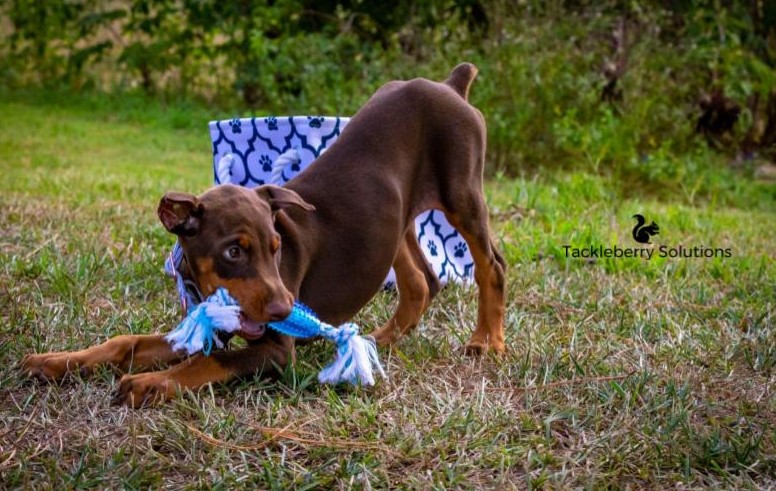
Side Note: To be clear, there is no such thing as a cheap high-quality large breed dog food. Obviously, the cheapest brands are that way because they're cutting corners. However, I have found that the best dog food isn't always the most expensive.
* As an example, I use Bil Jac's Large Breed dog food. (I am not an affiliate and get no credit for recommending.)
Further Reading: Getting a Doberman in 2024? Checklist of Everything You Need
Myth 5: If You've Got the Right Dog Food, You Don't Need Anything Else
Lastly, just because you've gotten your protective canine great large breed dog food, doesn't mean that they won't thrive on fresh food as well.
To expound, I use a high-quality dog food to ensure my canines are getting all the nutrients that they need. Next, I will supplement their diet with fresh meat, vegetables, eggs, raw milk, and bones for them to chew on.
Indeed, providing a balanced mix of both creates a prime environment for optimal growth and mental stimulation.
"Some of the benefits can be nutritional value as some bones have high-calorie bone marrow in them. As the dogs scrape away at the bones in order to try to get the marrow, the dogs are inadvertently getting their intake of calcium as they wear down the bone. It is also well-known that dogs will often chew things when they’re puppies. Chewing on bones is a way for puppies to relieve some of the pain of teething. But as they get older, the dogs chewing on bones can actually be beneficial for their dental health. It’s a way for them to remove plaque from their teeth." - Why Do Dogs Like To Chew Bones?
Further Reading: Scam Breeders alert: Ensuring your Doberman breeder is legit
What's your favorite Brand of dog food?
Please leave a comment below sharing your thoughts so that others may benefit from your input.
Further Reading: Dogs turning on their owners: What is causing this?

